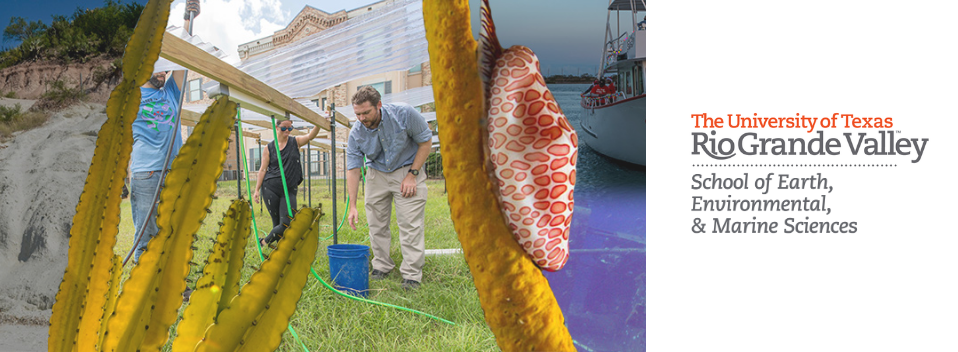
School of Earth, Environmental, & Marine Sciences Faculty Publications
Document Type
Article
Publication Date
11-5-2021
Abstract
One of the main priorities of marine scientific research is to provide practical information and guidance for biodiversity conservation and management. In this context, the identification of key and fragile habitat-forming species is particularly important. Despite their ecological importance, whip corals in the order Antipatharia remain poorly studied around the world, and especially in the South Pacific. During recent expeditions to explore mesophotic and deep benthic habitats around Rapa Nui (Easter Island), dense assemblages of whip black corals were observed in situ. We here report the first detailed description of the distribution and abundance of these black coral assemblages and their associated fauna and habitat. These descriptions were based on analysis of video surveys collected on 67 remotely operated vehicle dives conducted in 2014 through 2019 at three sites (Pukao seamount, Apolo peak, and Rapa Nui Island shelf and slope) within the Easter Island Ecoregion at depths between 50 and 330 m. At least four morphotypes (yellow, red, white/orange, and Pukao) of unbranched black corals were detected. Each morphotype had polyps arranged in a single row on only one side of the corallum, a diagnostic morphological character currently assigned to the antipatharian genus Stichopathes. Samples of the yellow and red morphotypes were collected and studied using morphological and molecular techniques. These analyses indicate that the genus Stichopathes is not monophyletic and requires further revisions, a conclusion that is consistent with previous studies. Extensive fields of whip black corals, primarily of the yellow and red morphotype, were present at 28 sites from 60 to 245 m on rocky substrates, coarse sand, or rhodoliths. Densities of these assemblages per frame were up to 58.2 ± 5.2 colonies m–2 (average: 13.2 ± 0.8), which represent some of the highest reported densities for black corals to date. Numerous faunal groups, including ophiuroids, echinoids, and fishes, were associated with these whip black coral assemblages. Our observations should be considered in future management and conservation efforts around Rapa Nui, where a multi-use marine protected area was established in 2018, as well as in adjacent international waters that remain unprotected but likely harbor similar assemblages.
Recommended Citation
Tapia-Guerra, Jan M., Cynthia M. Asorey, Erin E. Easton, Daniel Wagner, Matthias Gorny, and Javier Sellanes. "First ecological characterization of whip black coral assemblages (Hexacorallia: Antipatharia) in the Easter Island Ecoregion, Southeastern Pacific." Frontiers in Marine Science 8 (2021): 755898. http://doi.org/10.3389/fmars.2021.755898
Creative Commons License

This work is licensed under a Creative Commons Attribution 4.0 International License.
Publication Title
Frontiers in Marine Science
DOI
http://doi.org/10.3389/fmars.2021.755898


Comments
© 2021 Tapia-Guerra, Asorey, Easton, Wagner, Gorny and Sellanes.